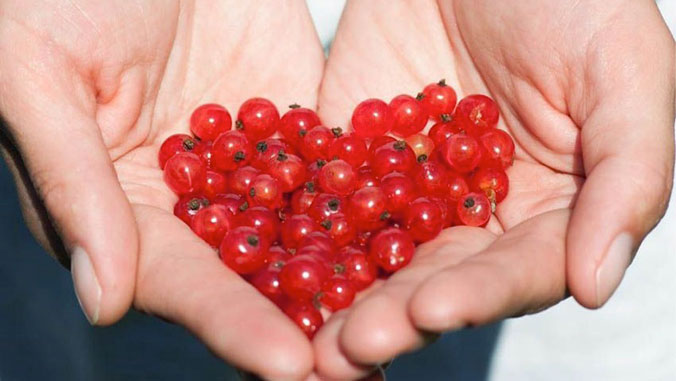I often talk about working with people to help them develop a healthy relationship with food and their bodies. But what does this even mean?
I wish I could give you a dictionary definition answer, but I’m still cultivating my own as we speak. So I’d like to offer this as a starting point:
What a healthy relationship with food and your body looks like:
- Awareness of why you’re eating – recognising if your body is actually physically hungry for food. Or whether it needs feeding emotionally. Does it need chocolate cake or a cuddle?
- Not beating yourself up about your food choices – so you chose to have a burger and chips for lunch with friends instead of a salad… great! (see number 3)
- Loving food and eating food you love – without feeling guilty if you’ve eaten a bit more than you comfortably need. Our metabolism is at its highest when we are relaxed and receiving pleasure. If we are eating food we hate, our body is under stress thereby lowering our ability to digest and metabolise our food.
- Eating mindfully – being present with the food you are eating – acknowledging the taste, texture, smell. Thinking about where it came from – how did the food get to your plate? Are you showing gratitude for your food, or are you taking it for granted?
- Acceptance – being able to accept yourself for who you are, and being able to accept what you eat. Ignoring society’s perception of ‘perfection’
and believing you are enough just as you are. - Letting go of the scales to measure your happiness – why should an arbitrary number rule your life? How can this little number determine how you feel about yourself for the rest of the day/week/month? Who knows how much you should weigh?
- Trusting yourself to make the right choices for your body – experimenting with food and your body to see which foods work for you and at what time of day. Is there anything that doesn’t agree with you? Anything that makes you sluggish for example? It means letting go of someone else telling you what to eat, and trusting your own judgment. It means doing exercise that is nourishing and not punishing for your body. It means tuning in and truly listening to your inner guide – can you recognise when your stomach has had enough, for example?
- Understanding that dieting doesn’t work in the long term – Yes, it’s a quick fix, and the simple science behind it works. But it’s not sustainable, and doesn’t deal with the underlying reasons for your eating challenges/excess weight.
- Not abusing your body – this includes through food, vigorous exercise to lose weight, physically grabbing bits of your body you believe to be ‘too fat’ or by verbally abusing yourself in the mirror every day.
- Living your life now – not waiting until you are ‘thin’ or have the ‘perfect’ diet. Enjoying life to the full without having food/weight ruling every moment of every day of every week of every year for the rest of your life.
As with everything, there is no perfect answer to this, and I believe if the above can be achieved with an 80/20 balance, you’re well on the way to a ‘healthy’ relationship with food and your body.
Most importantly, I believe being kind to yourself needs to be at the top of the list.
Being kind to yourself when you eat something that doesn’t work for your body or mind. Or allowing yourself to eat when you are feeling sad, with awareness of why you’re doing it during, and acceptance after.
What it doesn’t look like:
But how can this be achieved?
Achieving this balance doesn’t happen overnight. I’ve been working at developing this kind of relationship with food and my body for 18 months now, and I have wobbles most days. I was speaking to a colleague earlier today who told me she’s 10 years in, and still has wobbles but that her life has been transformed, and she’s the happiest she’s ever been.
It involves looking deeper than your outer casing, and getting to the core of who you are. It takes hard word, patience, perseverance and resilience, and doesn’t give you the same ‘quick fix’ as a radical weight loss diet.
But I’ll take that any day over getting old and regretting never addressing my relationship with myself. And more importantly passing on that relationship to my future children and their children and so on.
If any of this has hit home to you, and you’d like to be in with a chance of winning 3 1:1 skype coaching sessions with me, or a place on my brand new group course Dump dieting; Start Living, please complete this questionnaire to help me with some research!
And finally, I’d like to leave you with some words of wisdom from an older generation… https://www.youtube.com/watch?v=ltVPj6-5xpo
www.helenhendrycoaching.com.

You must be logged in to post a comment.